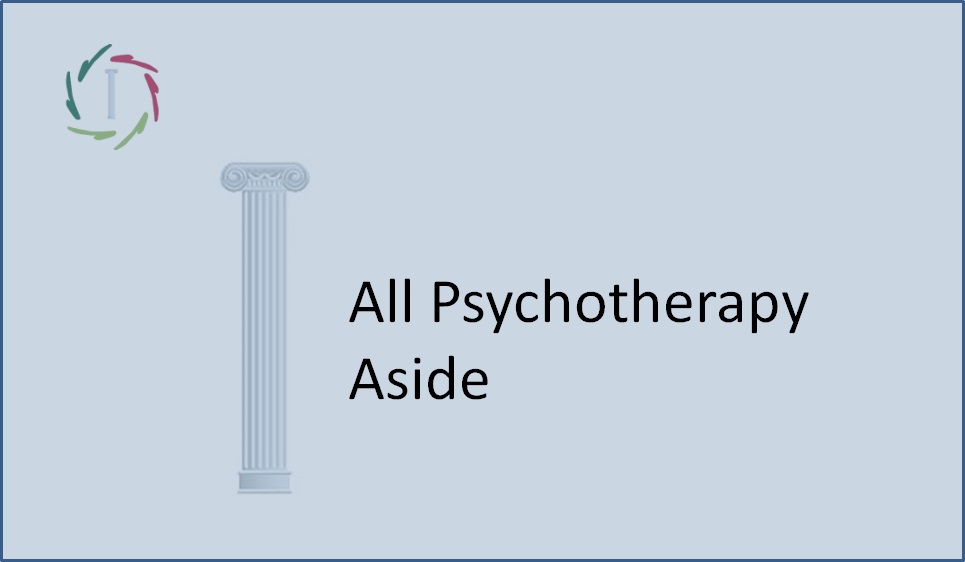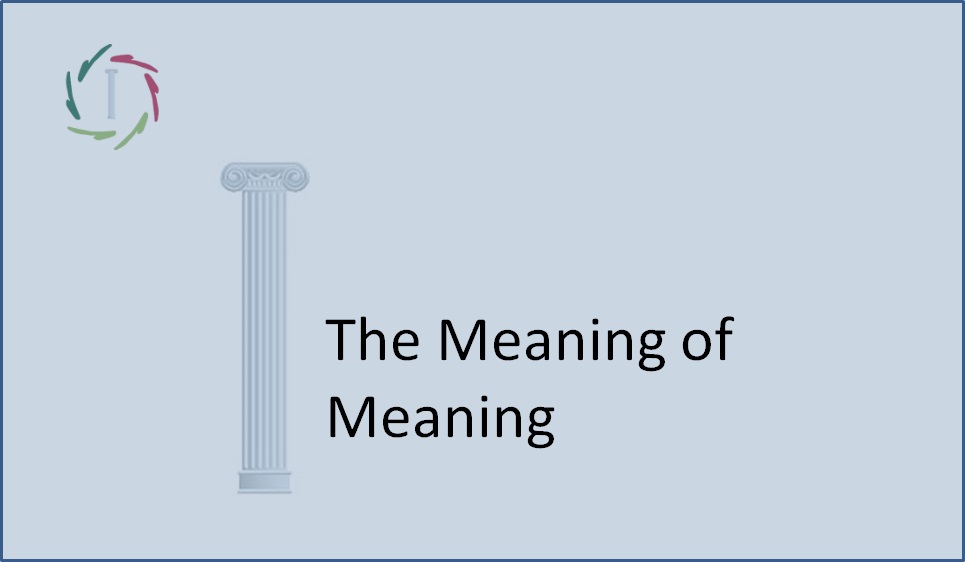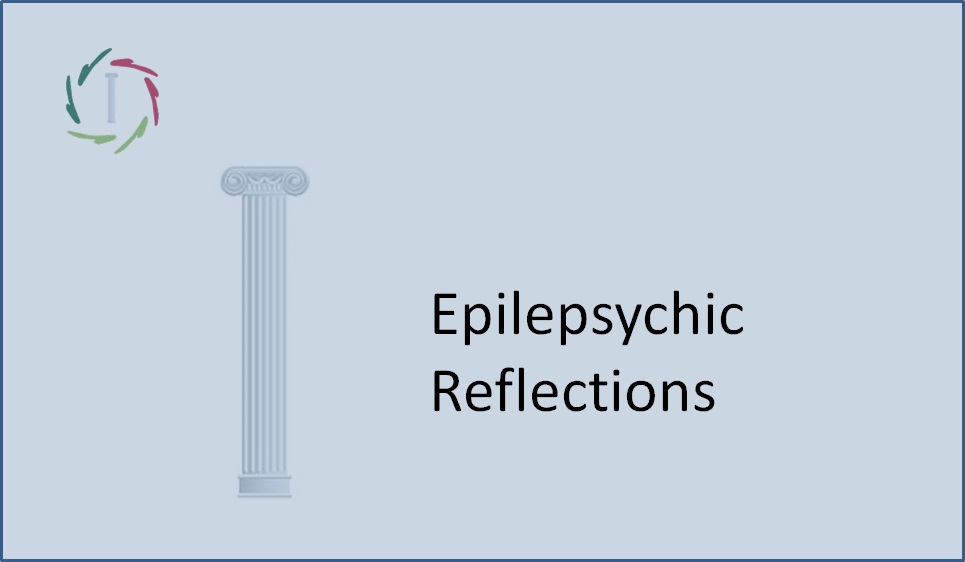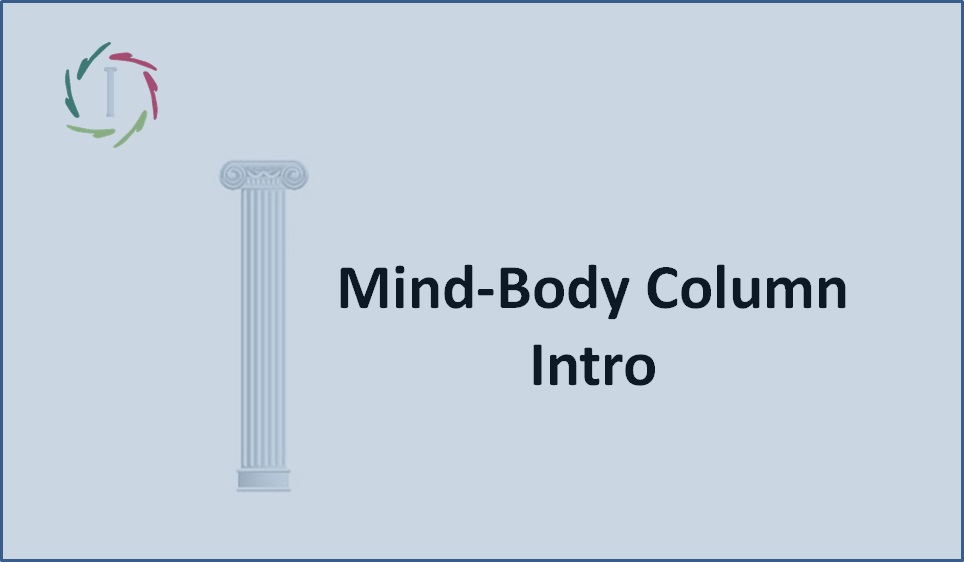16. All Psychotherapy Aside

By far the most important active factor is invisible.
Dodo verdict
The dodo (synonym: loathe bird) is an extinct species of bird, used by Lewis Carroll in ‘Alice in Wonderland’. Somewhere in this story a contest is held for all animals, but oddly enough, everyone may start and stop running at any time. The dodo passes the final verdict as follows: “All have won, so all must have prizes.” [A503]
The ‘ dodo-verdict “is the term that indicates that all types of psychotherapy, with any theoretical background, have a +/- equal effectiveness (according to major studies first performed and published in 1936, repeated in 1975, 1980 and again in 2002 [A579] [A600]). Apparently it’s also said in this case: “All have won, so, all must have prizes.”
The theory about theories
A psychotherapist who is trained in a particular psychotherapeutic direction maintains his effectiveness as a therapist when he changes course, thus his underlying theoretical basis. The differences that are noticed in outcome studies of psychotherapy are situated between different psychotherapists, not between different psychotherapies. Moreover, the greatest progress in psychotherapy usually happens in the first sessions, the exploratory talks, where theoretically based techniques are not yet applied. If possible, the so-called decommissioning studies, in which each time one component of a psychotherapy is taken away in order to see if that makes a difference, are even more significant. This shows time and again that no element in itself offers a significant difference [A580] [A590]. Not even in case of comparisons between long-term and short-term therapies [502] [581].
Underlying theories rarely explain the effect.
In case there are differences, it turns out that they strongly coincide with the criteria of the theory itself and with the beliefs of the researchers involved.[A503].
Psychotherapy is indeed effective. That is clear. But what specific factor is effective? There is talk of the ‘non-specific factors’. These are, as the term suggests, factors that are not related to a specific theory. They are ‘common’ to all forms of psychotherapy. Of course research has been done on these ‘non-specific factors’ for quite a while. They are not fully understood. Is the therapist himself (empathy) the most important factor? Or does it have to do with human interaction, with the ‘click’ between therapist and client? Or is it about the faith and the expectations of the client himself?
Some see a parallel with medical placebo, which is ‘non-specific’ too, for the reason that medical placebo in itself is nothing at all. Others find that psychotherapy can never be a placebo, as it is already playing on a psychological level from the start. The latter demonstrates, according to your humble writer, a serious lack of understanding of the placebo phenomenon. We should better ask ourselves the following question:
Placebo: future or past
Should we remove placebo (to be clear: not the empathy of course!) from psychotherapy or should we use it as well as possible? This question is indeed asked in research. It sounds peculiar on both sides. Namely on one side: “Isn’t it recommended to do everything possible to help the patient/client with the complaints he consults us with?” On the other side: “Should we consider the option to consciously deceive the patient/client?”
The answers to these questions are clear and contradictory. We should better combine both questions in one question: “Should we deceive in order to help as well as possible?” Or even better:
can we help someone in a solid and lasting way by deceiving him, unless in very exceptional circumstances?
I think this last question is the clearest one. At the same time also the one that defeats the previous questions.
My answer is: no.
[references: www.aurelis.org/mind-body-column-refs.pdf]


